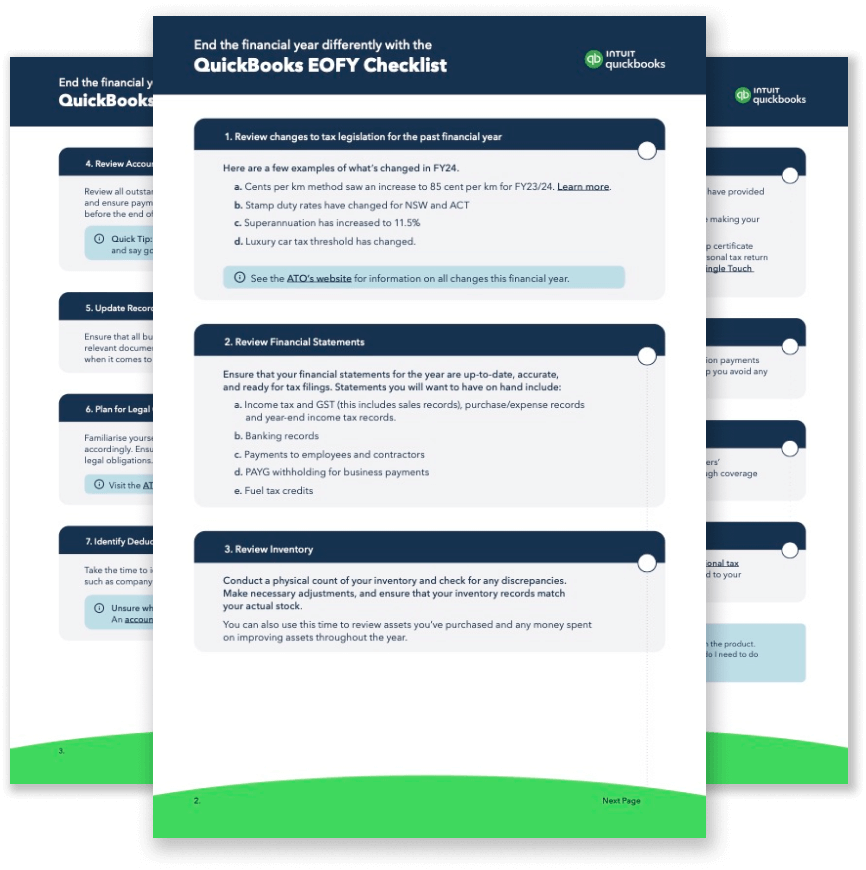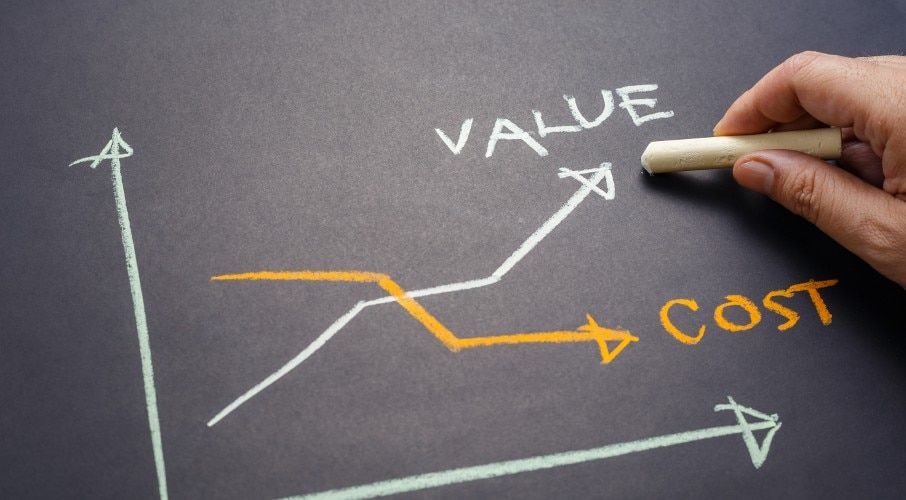What is Variable Expense?
Variable Expense Definition
Variable expenses are costs that change and fluctuate according to the level of a business's or an individual's activities or spending. They are expenses that can vary from month to month, such as food, entertainment, utilities, transportation, and other discretionary spending. Unlike fixed expenses, which remain the same regardless of activity level, variable expenses can be adjusted by reducing or increasing spending or by adjusting the level of activity or production.
Variable expenses are generally more difficult to predict and budget for, as they are not constant and may change depending on various factors. These expenses can either be essential or non-essential. Essential variable expenses include things like groceries, gas, and utility bills. Non-essential variable expenses include things like dining out, entertainment, and travel.
Variable expenses are an important part of budgeting and financial planning. It's important to keep track of these expenses and their impact on your overall budget, to ensure that you don't overspend and end up in financial trouble. By keeping a close eye on your variable expenses, you can adjust your spending to stay within your budget and avoid unnecessary expenses that may hurt your financial goals. Overall, understanding and managing variable expenses is an essential step in building a strong and stable financial future.
Variable expenses also play an important role in the cost of goods sold (COGS) for businesses. In a business setting, variable expenses include things like raw materials, labor costs, shipping costs and advertising expenses. By understanding these costs, businesses can adjust their pricing and production strategies to remain competitive in their markets.
One important factor to keep in mind with variable expenses is that while they may fluctuate, they are not always controllable. For example, the cost of raw materials for a manufacturing business may be subject to market forces and cannot be directly controlled by the business itself. Similarly, utility costs for a household or business may be affected by seasonal variations or external factors like extreme weather conditions.
Despite the challenges posed by variable expenses, managing them effectively can have a significant impact on an organisation's bottom line or an individual's financial well-being. By keeping a close eye on these costs and managing them wisely, businesses and individuals can achieve greater financial stability and success.









